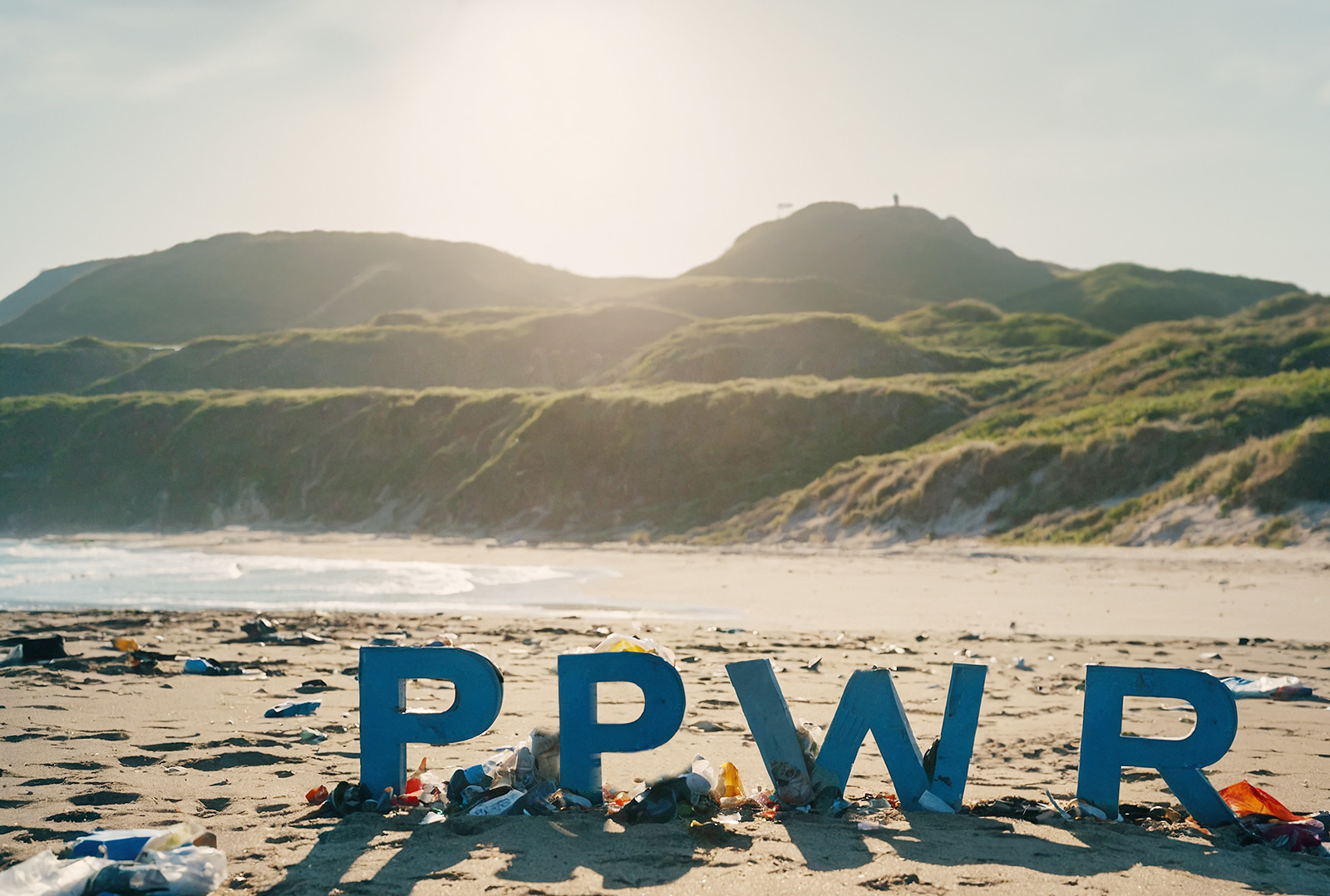
Packaging and Packaging Waste Regulation (PPWR)
New EU regulation targeting packaging waste reduction.
The Packaging and Packaging Waste Regulation (PPWR) is designed to develop a sustainable circular economy for packaging across Europe, as well as reduce waste and pollution from packaging materials.
After many years of discussion, on 15 March 2024 there was a ground-breaking moment when the Ambassadors of the EU Council unanimously voted in favour of the regulation. The rules were adopted by MEPs on 24 April 2024 at the European Parliament.
The PPWR puts in place an ambitious regulatory framework, with far-reaching implications for Member States and economic operators.
Reloop news about PPWR

New measures to make packaging more sustainable and reduce packaging waste in the EU.
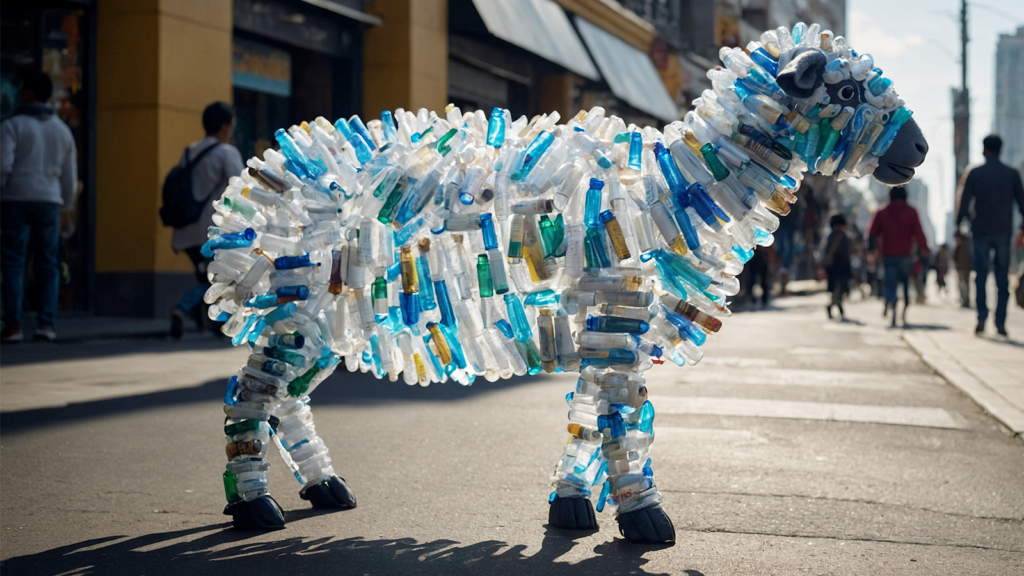
The PPWR represents a significant step forward in Europe’s commitment to a circular economy and environmental stewardship.
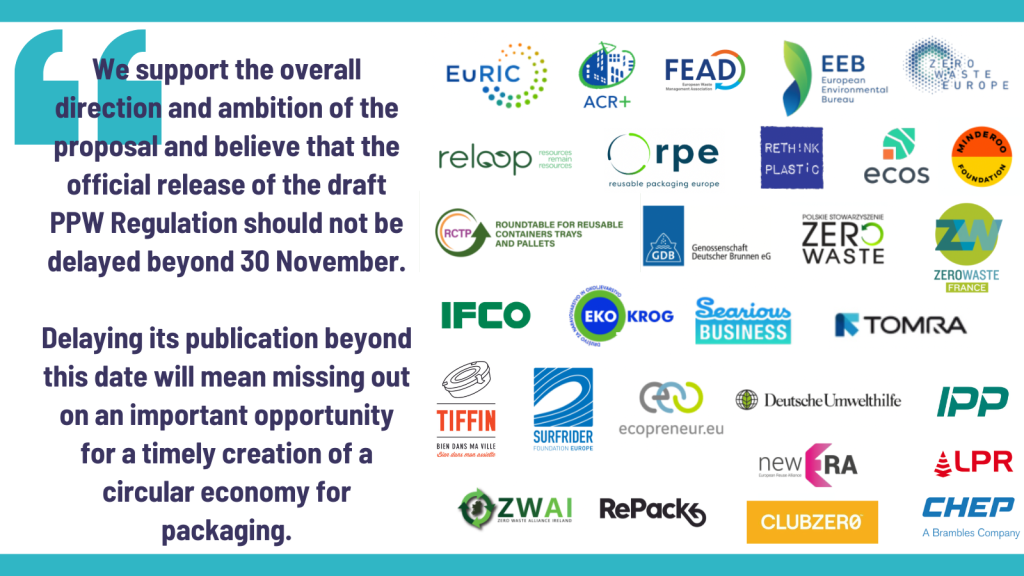
Reloop built a coalition in EU which supports the overall direction and ambition of the Commission’s Packaging and Packaging Waste Regulation proposal.

The PPWR represents a significant step forward in Europe’s commitment to a circular economy and environmental stewardship.
12 key PPWR takeaways
1
This new regulation obliges European “economic operators” to new responsibilities and targets.
Economic operators include packaging manufacturers, suppliers, importers, distributors and final distributors.
2
Member States are required to meet prevention targets of 5% (2030), 10% (2035), 15% (2040).
Targets measured against waste generation from 2018.
3
Member States are required to set up a deposit return system for beverage cans and plastic bottles in order to reach a 90% collection for recycling target by 2029.
Exemptions may be issued to a Member State that has achieved 80% collection by 2026. Exemptions will be removed if a Member State has not achieved 90% by 2029 over three consecutive years.
Full text Article 44.
4
All packaging must be recyclable by 2030 and 2035 based on various prescribed metrics.
‘Recyclability’ means the compatibility of packaging with the management and processing of waste by design, based on separate collection, sorting in separate streams, recycling at scale, and use of recycled materials to replace primary raw materials.
Full text Article 6.
5
Plastic packaging formats will require minimum recycled content.
There will be an exemption for compostable plastic packaging and packaging whose plastic component represents less than 5% of the packaging’s total weight.
| Minimum Recycled Content Type | 2030 | 2040 |
|---|---|---|
| Single Use Plastic Beverage Bottles | 30% | 65% |
| Contact Sensitive Plastic (PET as major component) | 30% | 50% |
| Contact Sensitive Plastic (PET not as major component) | 10% | 25% |
| All other Plastic Packaging | 35% | 65% |
Full text Article 7.
6
Prohibited substances in packaging by 2030.
Includes Per- and Polyfluoroalkyl Substances, known as PFAS. These chemicals are used in a wide range of consumer products and there is concern about their potential impacts on human health and the environment.
Full text Article 5.
7
Prohibited packaging formats.
- Plastic packaging used to group single-use packages.
- Plastic packaging for fruit and vegetables.
- Plastic packaging for food and beverages consumed in HORECA.
- Plastic packaging condiments, sauces and other small packaging formats within the HORECA.
- Small cosmetic and toiletry products used in the accommodation sector.
- Very lightweight (non-compostable) plastic bags.
8
Compostable means compostable.
The European Commission will create harmonised standards to clarify the detailed technical specifications of the requirements on compostable packaging.
Verification procedures will be required to prove that biological decomposition occurs under specific parameters.
Full text Article 8.
9
Economic operators must ensure that a percentage of their packaging placed on the market in a Member State is reusable.
This table provides the targets, but Member States may set targets for economic operators going beyond the minimum targets set out in PPWR.
| Reuse Targets | Target 2030 | Aspirational Target 2040 |
|---|---|---|
| Transport Packaging including e-commerce (excluding Cardboard and packaging for dangerous goods & large-scale machinery & flexible packaging in direct contact with food) | 40% | 70% |
| Grouped Packaging used to group a certain number of products to create a stock-keeping unit (excluding cardboard) | 10% | 25% |
| Alcoholic and non-alcoholic beverages (excluding highly perishable; milk; aromatised wine, similar to wine, spirits) | 10% | 40% |
An economic operator may be exempt by a Member State if they can prove that their packaging category is recycled at rate of 5 percentage points better than the recycling rates also in the PPWR, which means, equal to or better than:
2025: Plastic 55%; wood 30%; ferrous metal 75%; aluminium 55%; glass 75%; paper & cardboard 80%
2030: Plastic 60%; wood 35%; ferrous metal 85%; aluminium 65%; glass 80%; paper & cardboard 90%
In addition, the exempting Member State must be on track to meet prevention targets of 3% by 2028 measured against 2018.
10
Unnecessary packaging will be limited using a maximum “empty space” ratio of 50% in grouped, transport and e-commerce packaging.
11
New obligation for take-away businesses to offer customers the possibility of bringing their own containers to be filled with cold or hot beverages or ready-prepared food.
By 2030, take-away activities must endeavour to offer 10% of products in packaging formats suitable for re-use.
12
Recycling targets for packaging remain unchanged from the previous directive on packaging waste.
| Plastic | Wood | Ferrous metal | Aluminium | Glass | Paper & cardboard | |
|---|---|---|---|---|---|---|
| 2025 | 50% | 25% | 70% | 50% | 70% | 75% |
| 2030 | 55% | 30% | 80% | 60% | 75% | 85% |
Full text Article 46.
Related PPWR resources
-

Coalition letter in support of PPWR
Reloop EU coalition letter supporting the overall direction and ambition of the Commission’s Packaging and Packaging Waste Regulation proposal.
-
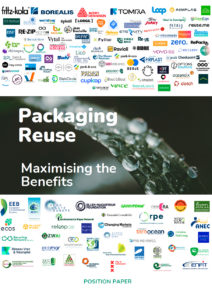
Packaging Reuse: Maximising the Benefits
Our new position paper focuses on the Packaging and Packaging Waste Regulation (PPWR) proposal and the central role of reuse within the draft text.
-
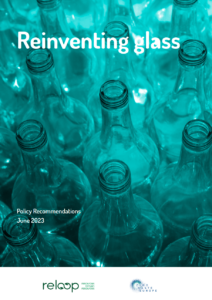
Reinventing glass
Policy recommendations for the PPWR highlighting the urgent need to address the environmental impact of single-use glass packaging.
-
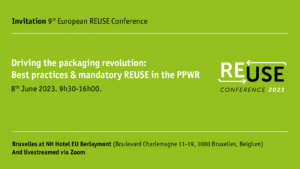
9th European REUSE Conference
Conference discussing best practices & mandatory REUSE in the proposed measures in the Packaging and Packaging Waste Regulation (PPWR).
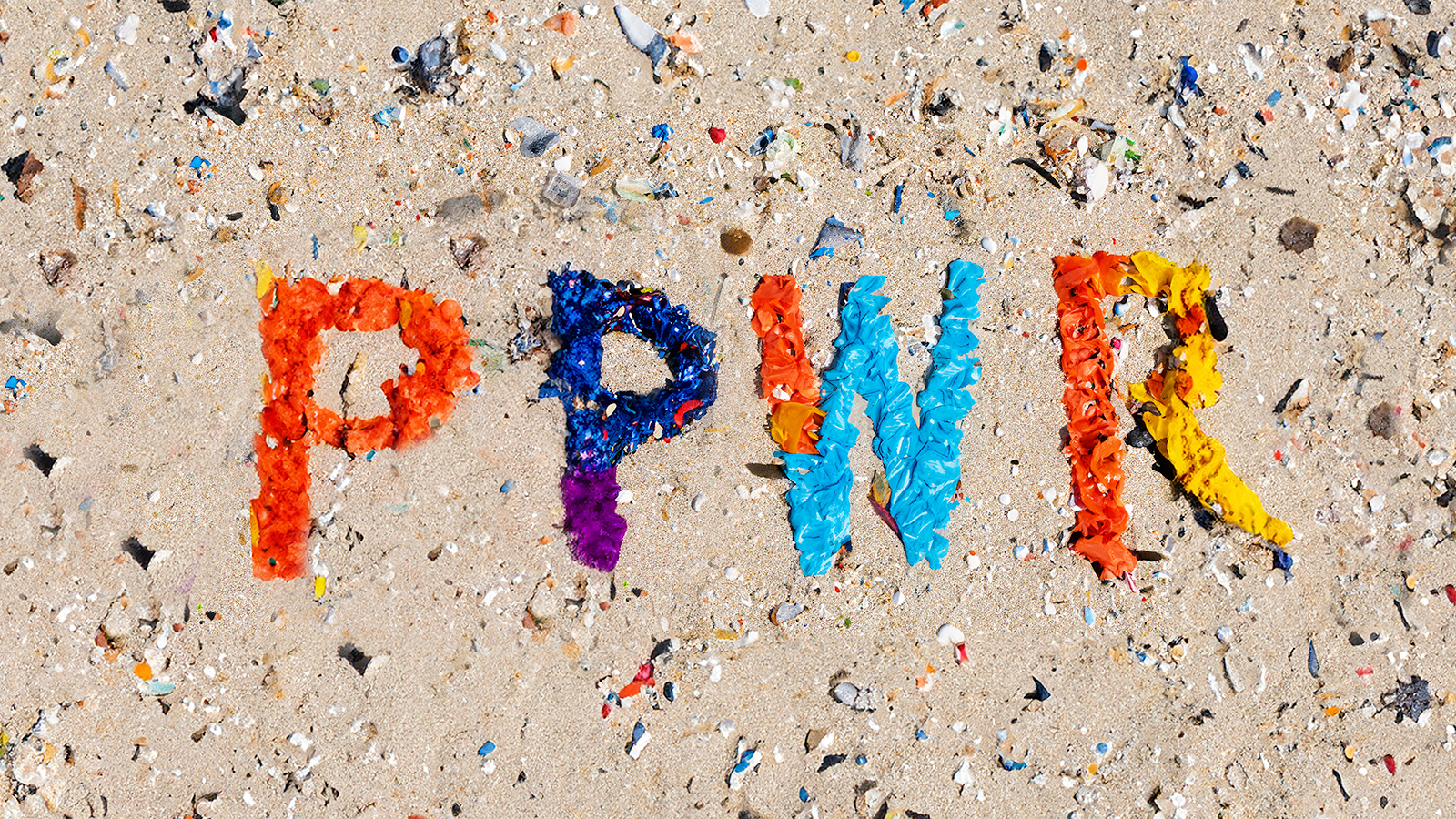
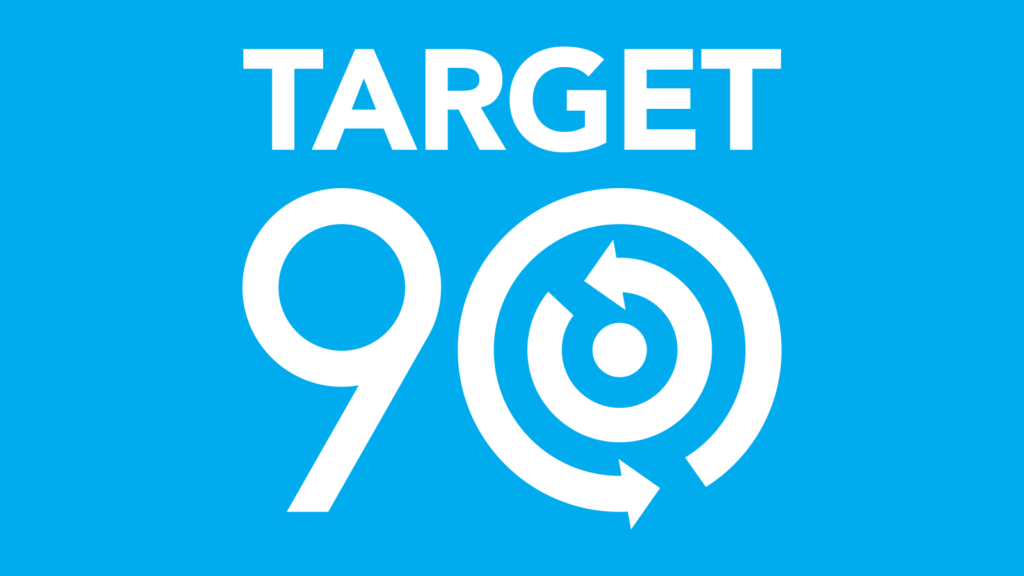
A dual-action approach delivering critical benefits for the climate, the environment and for business – adopted by the EU and recommended globally.
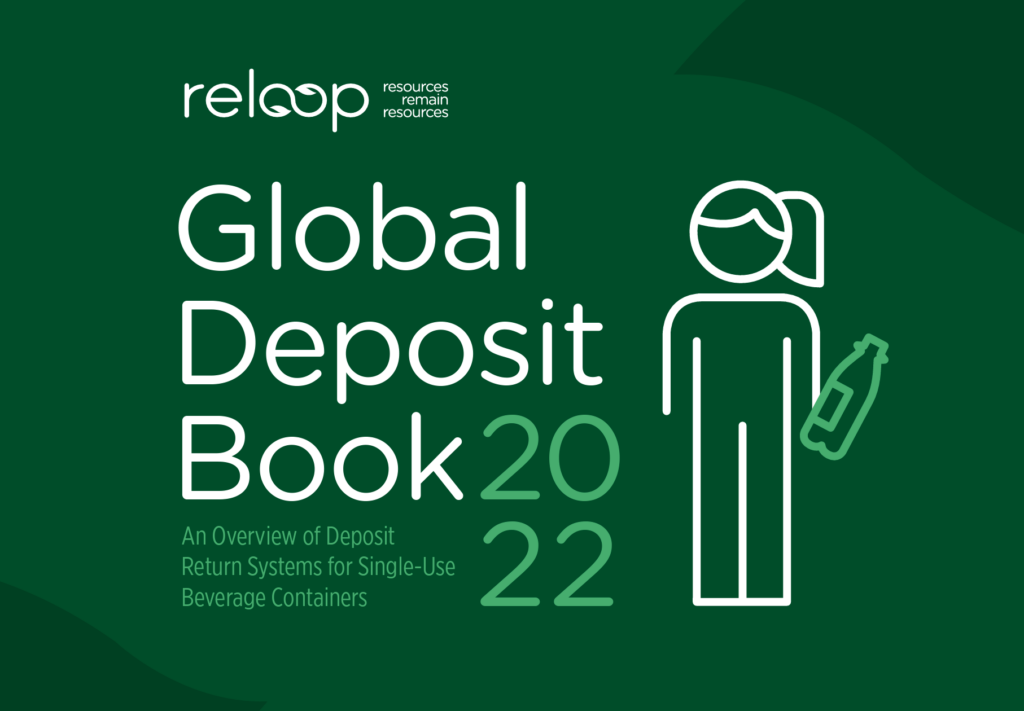
Our comprehensive overview of Deposit Return Systems for Single-Use Beverage Containers.
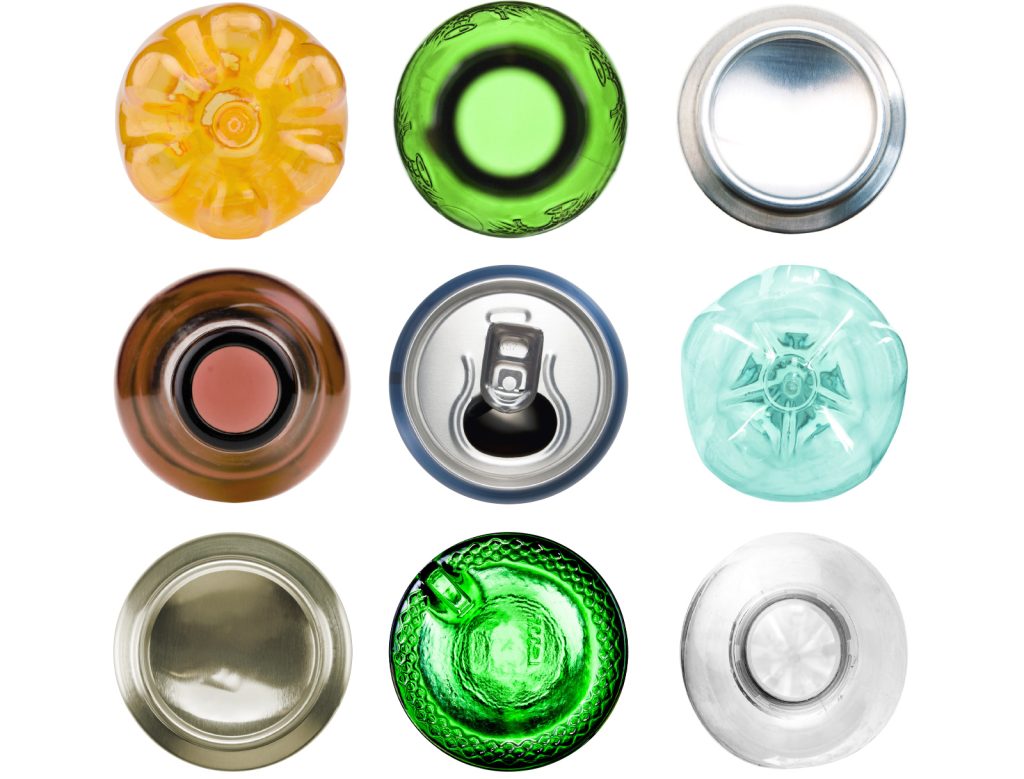
Drawing on data from 93 countries, over a 20 year period, examining trends in sales, collection and wastage of drinks containers.